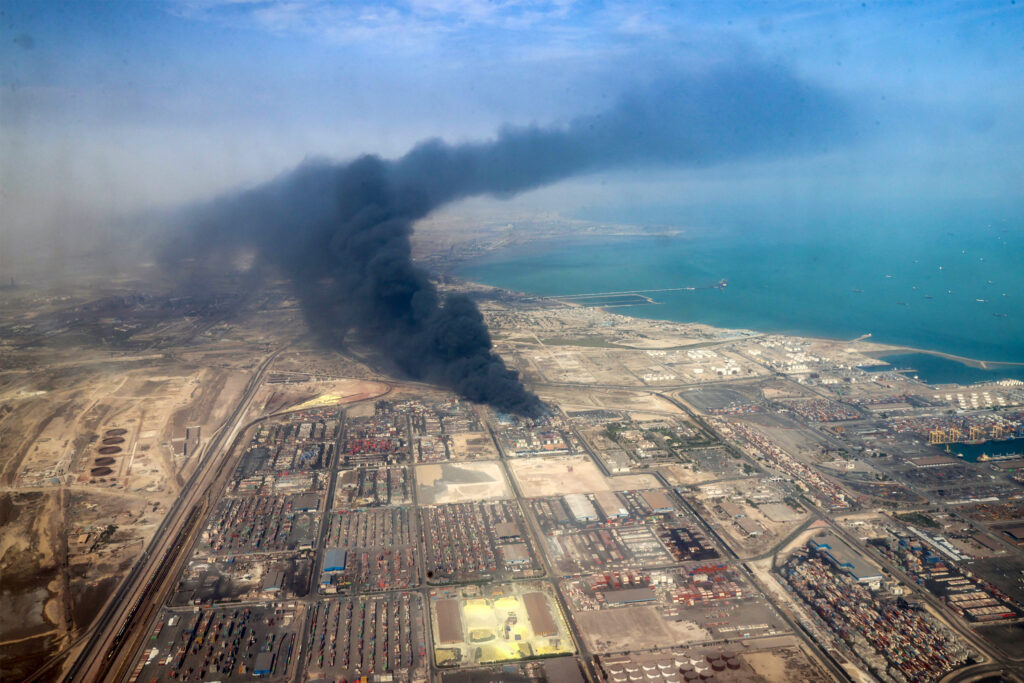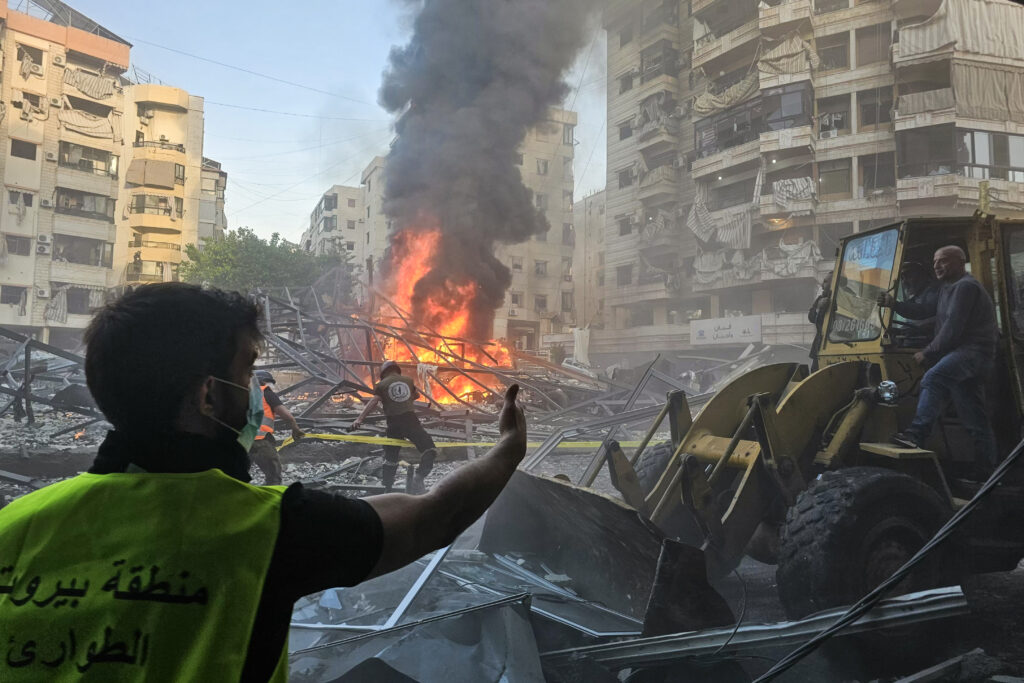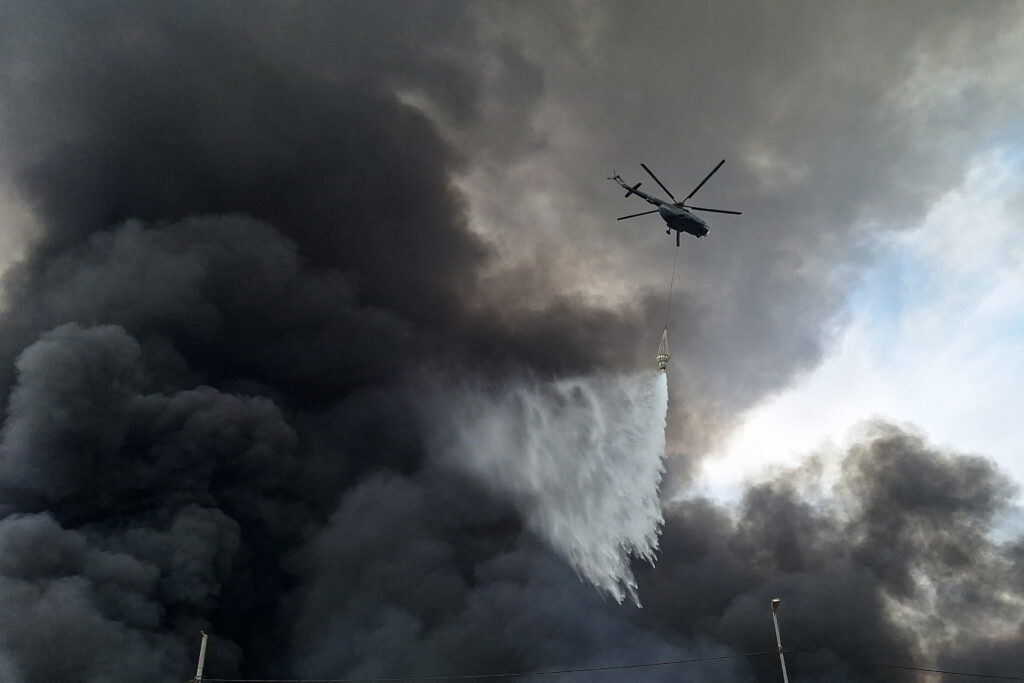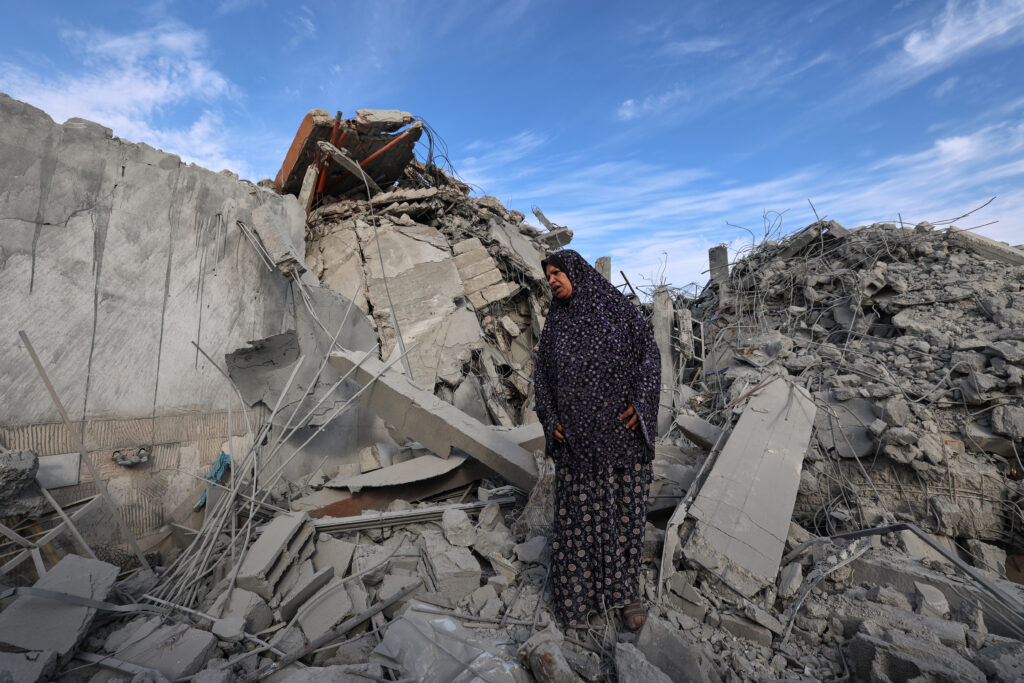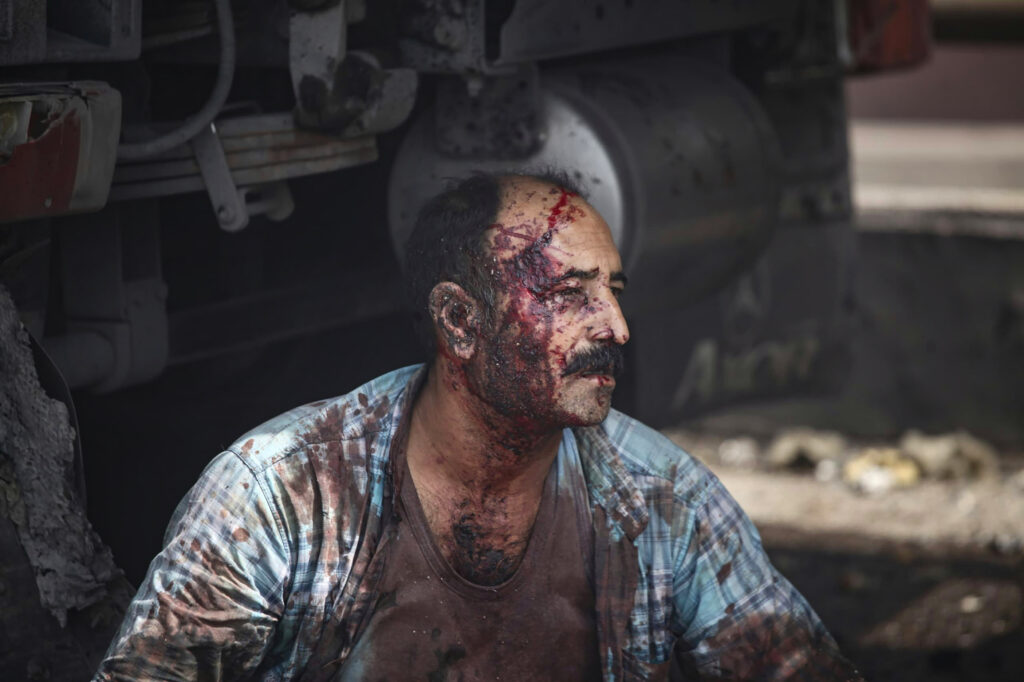Iran’s Khamenei orders probe into port blast that killed 40
Iran’s supreme leader Ayatollah Ali Khamenei ordered a thorough investigation Sunday into the causes of a major blast at a key southern port that killed at least 40 people and injured more than 1,000.His instructions came after President Masoud Pezeshkian visited the blast scene in Shahid Rajaee Port near the strategic Strait of Hormuz where a fire still blazed on Sunday more than 24 hours after the explosion.”Security and judicial officials are obliged to thoroughly investigate, uncover any negligence or intent, and follow up in accordance with regulations,” Khamenei said in a message carried by state television.With choking smoke and air pollution spreading throughout the area, all schools and offices in Bandar Abbas, the nearby capital of Hormozgan province, were ordered closed to allow authorities to focus on the emergency effort, state television said.The health ministry urged residents to avoid going outside “until further notice” and to use protective masks.Arriving in Bandar Abbas, the president expressed his appreciation to first responders, adding “we have come to see first-hand if there is anything or any issue that the government can follow up on”.”We will try to take care of the families who lost their loved ones, and we will definitely take care of the dear people who got injured,” he said.A photo released by Pezeshkian’s office later showed him at the bedside of a man hurt in the blast.The Russian embassy said Moscow was sending multiple “aircraft carrying specialists” to help fight the blaze.The New York Times quoted a person with ties to Iran’s Islamic Revolutionary Guard Corps, speaking on condition of anonymity to discuss security matters, as saying that what exploded was sodium perchlorate — a major ingredient in solid fuel for missiles.Defence ministry spokesman Reza Talaei-Nik later told state TV that “there has been no imported or exported cargo for military fuel or military use in the area”.The port’s customs office said in a statement carried by state television that the explosion probably resulted from a fire that broke out at the hazardous and chemical materials storage depot. – Area sealed off -A regional emergency official said several containers had exploded.”For the moment, 40 people have lost their lives as a result of injuries caused by the explosion,” Hormozgan provincial official Mohammad Ashouri told state television.The ISNA news agency, citing the provincial judiciary, gave the number of injured as 1,242.Red Crescent chief Pirhossein Koolivand said some of the injured were airlifted for treatment in the capital Tehran.Aerial photos released by the Iranian presidency showed black smoke rising from the disaster zone on Sunday and drifting towards the sea.”The fire is under control but still not out,” a state TV correspondent reported.Also at the scene on Sunday, Interior Minister Eskandar Momeni said “the situation has stabilised in the main areas” of the facility, Iran’s largest commercial port, and workers had resumed loading containers and customs clearance.Another official on site, Minister of Roads and Urban Development Farzaneh Sadegh, said only one zone of the port was impacted.An image from Iran’s Tasnim news agency on Sunday showed a helicopter dropping water on the disaster zone.Others showed firefighters working among toppled and blackened cargo containers, and carrying out the body of a victim.The authorities have closed off roads leading to the site, and footage from the area has been limited to Iranian media outlets.- Mourning -Beijing’s foreign ministry said in a statement to AFP on Sunday that three injured Chinese nationals were in a “stable” condition.The United Arab Emirates expressed “solidarity with Iran” over the explosion and Saudi Arabia sent condolences, as did Egypt, Pakistan, India, Turkey and the United Nations as well as Russia.The Tehran-backed Lebanese movement Hezbollah also offered condolences, saying Iran, with its “faith and solid will, can overcome this tragic accident”.In the first reaction from a major European country, the German embassy in Tehran said on Instagram: “Bandar Abbas, we grieve with you.”Authorities declared a day of national mourning on Monday, and three days of mourning in Hormozgan province from Sunday.The blast occurred as Iranian and US delegations were meeting in Oman for high-level talks on Tehran’s nuclear programme, with both sides reporting progress.While Iranian authorities so far appear to be treating the blast as an accident, it also comes against the backdrop of years of shadow war with regional foe Israel.According to the Washington Post, Israel launched a cyberattack targeting the Shahid Rajaee Port in 2020.
